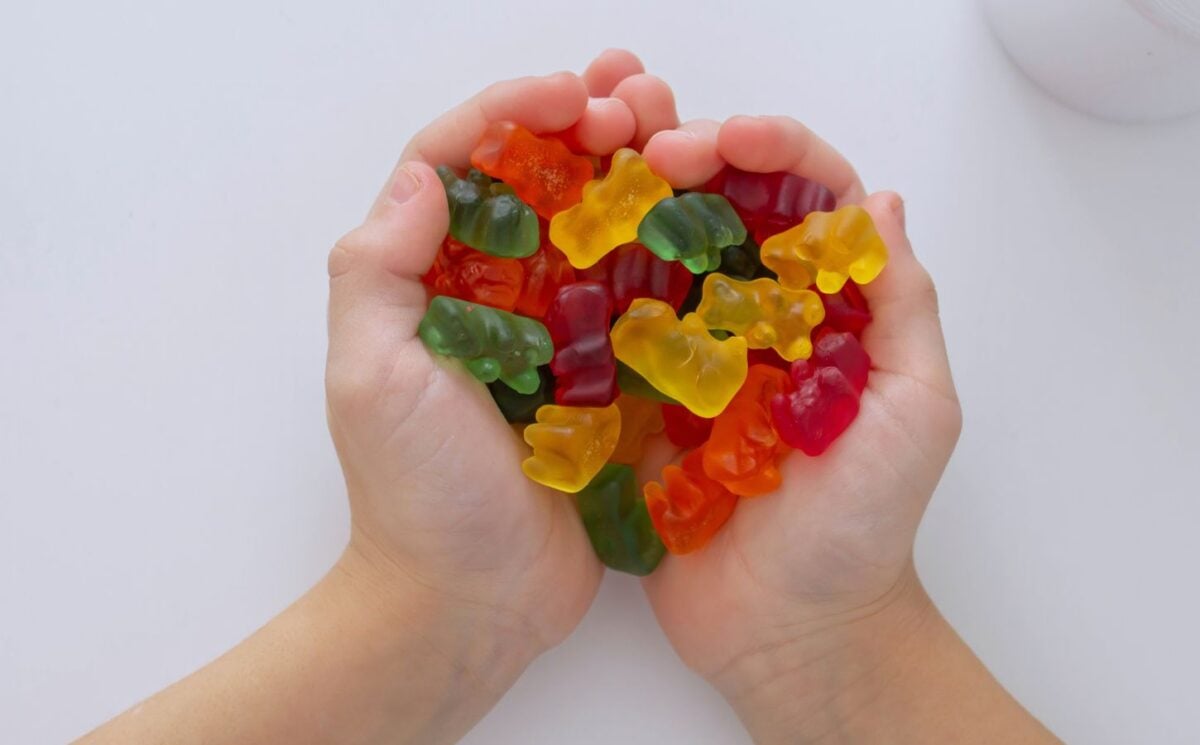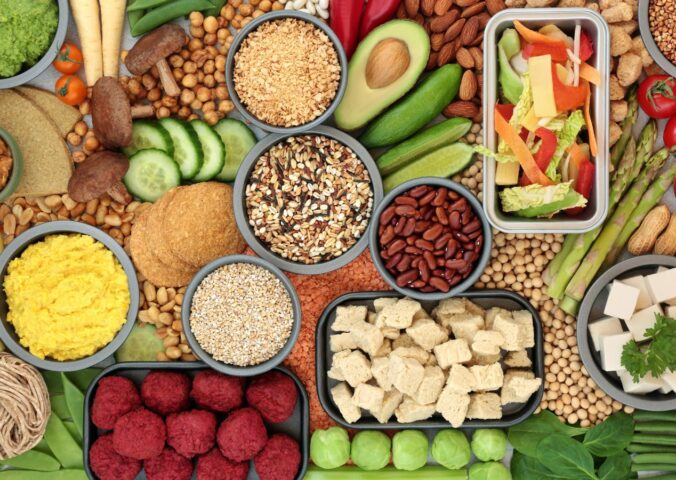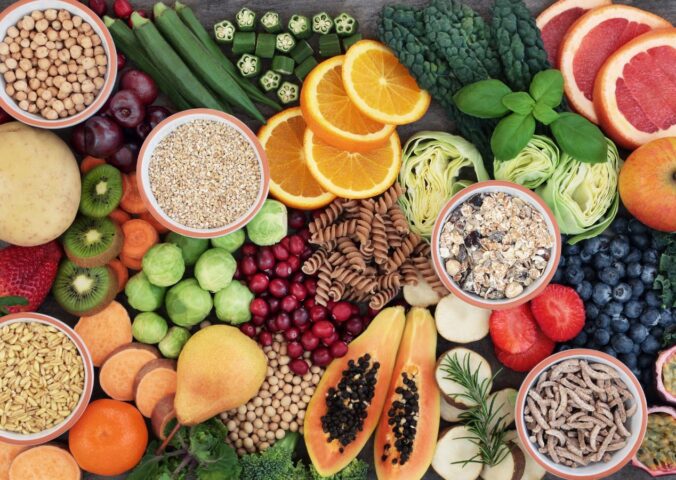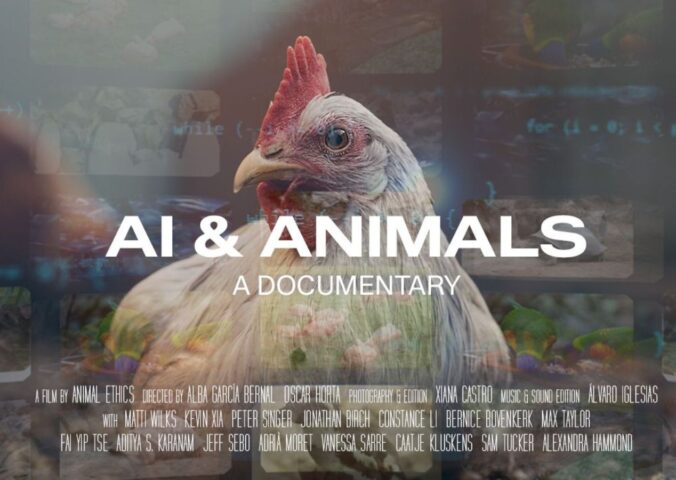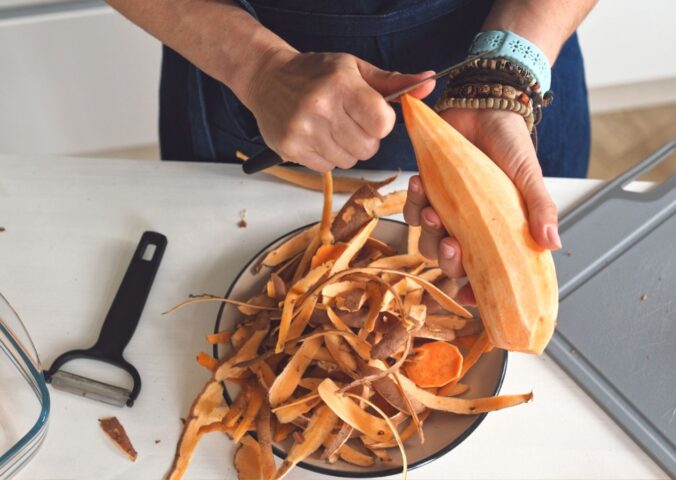A certain type of tree sap shows promise as a plant-based replacement for animal gelatin.
Researchers from the University of Ottawa have presented tragacanth, a natural gum made from the dried sap of certain legumes, as a natural and animal-free alternative to gelatin made from farmed animals.
In a research paper published in Physics of Fluids earlier this month, they highlighted how gelatin is “one of the most utilized biopolymers” because of its significant versatility. It can be found in food, drink, medicines, cosmetics, packaging, and even in photographic film.
This versatility is difficult to emulate, but finding an alternative has become a “significant research area” because of growing “environmental and health concerns” about animal use.
The team investigated tragacanth’s properties by blending different concentrations of the gum with gelatin and monitoring the mixture’s survivability in salinated water. They noted that because gum tragacanth is water-swellable and water-soluble, it could be a “promising” replacement. However, incorporating tragacanth led to a more porous film overall.
“Partial replacement of gelatin will reduce animal-based product use,” lead author Ezgi Pulatsu told Phys.org. “Our efforts in the full replacement of gelatin are ongoing.”
Read more: What Is Gelatin, And Why Isn’t It Suitable For Vegans?
The impact of gelatin
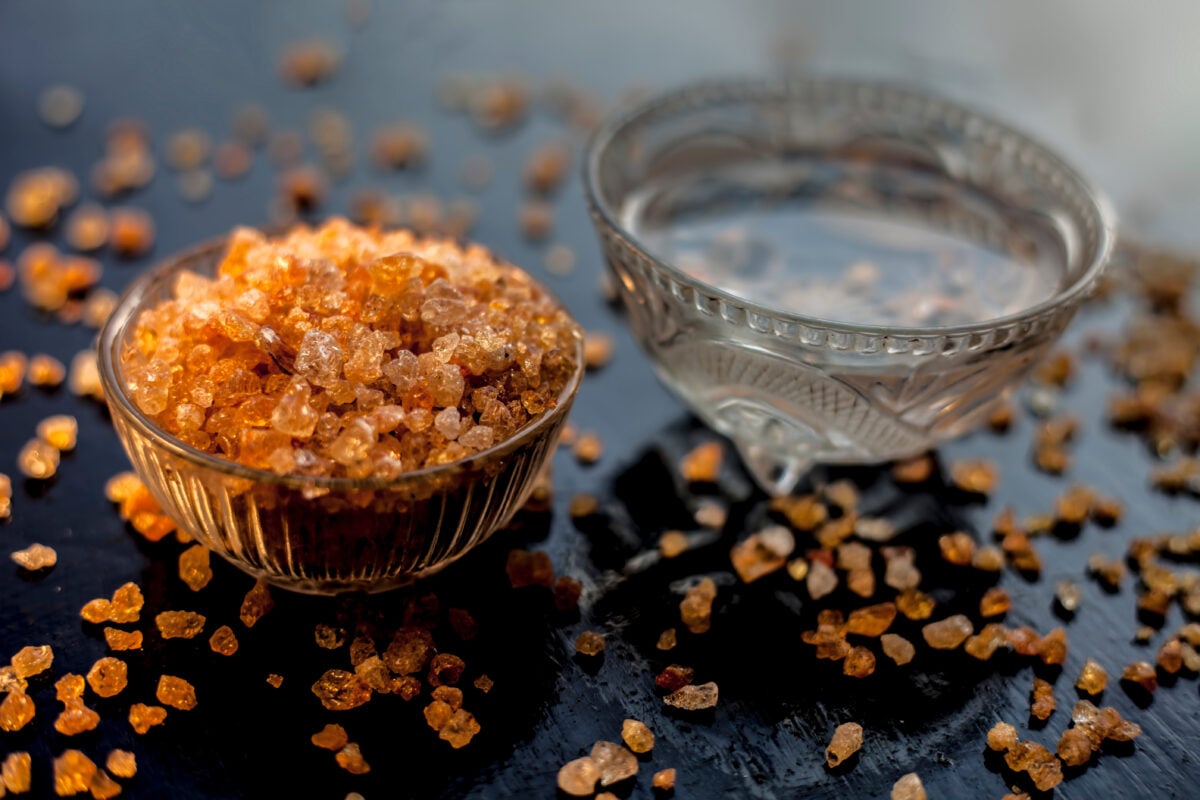
Gelatin is a flavorless, natural polymer derived from collagen. It is found in animal body parts and is extracted by boiling the pieces with water. Most is derived from the skins, bones, and ligaments of cows and pigs killed by the meat industry. While gelatin is often considered a by-product, its use in everything from medicines to food makes it commercially valuable.
Gelatin is a common ingredient for certain soups, dips, and sauces, and is widely used for producing gummy and foam sweets. Despite its use in confectionery, around 67 percent of people in the UK are unaware that some sweets are made using animal-derived ingredients.
In 2024, the Danish food cooperative KMC launched two versions of a potato-based gelling agent designed for making sweets. One, Gelamyl 625, retains a soft and chewy bite, while the other, Gelamyl 805, is suitable for Haribo-style gummies and Wine Gums. KMC created these gelling agents specifically as sustainable, inclusive, and versatile replacements for gelatin.
Potato is one of the lowest-impact ingredients in the world, particularly when locally sourced. Where growing potatoes has a climate footprint of approximately 0.29kg of CO2 per kg, farming and harvesting cow gelatin has a footprint of 18.63kg of CO2 per kg.
Read more: Animal Ag, Not Fossil Fuels, Is The Leading Cause Of Climate Change, Says New Study
